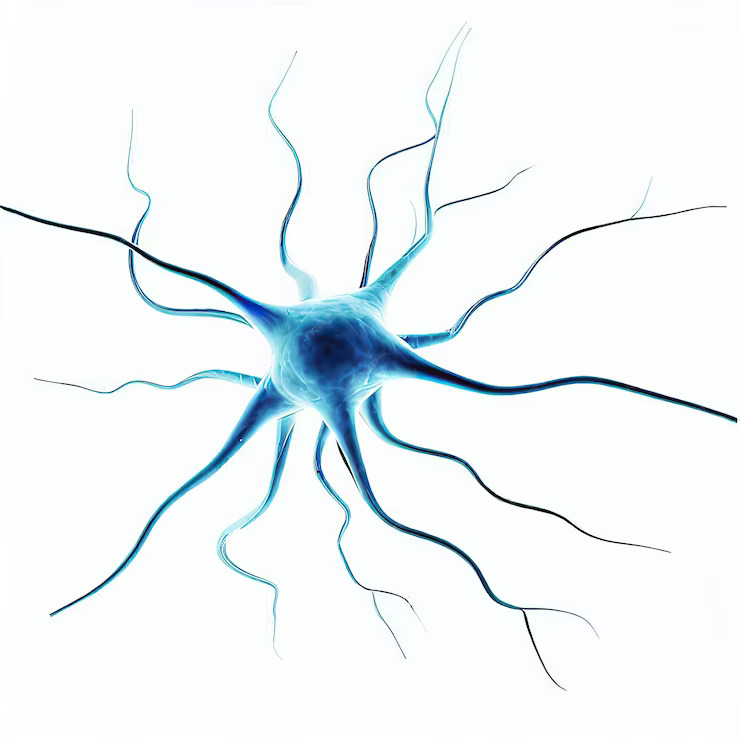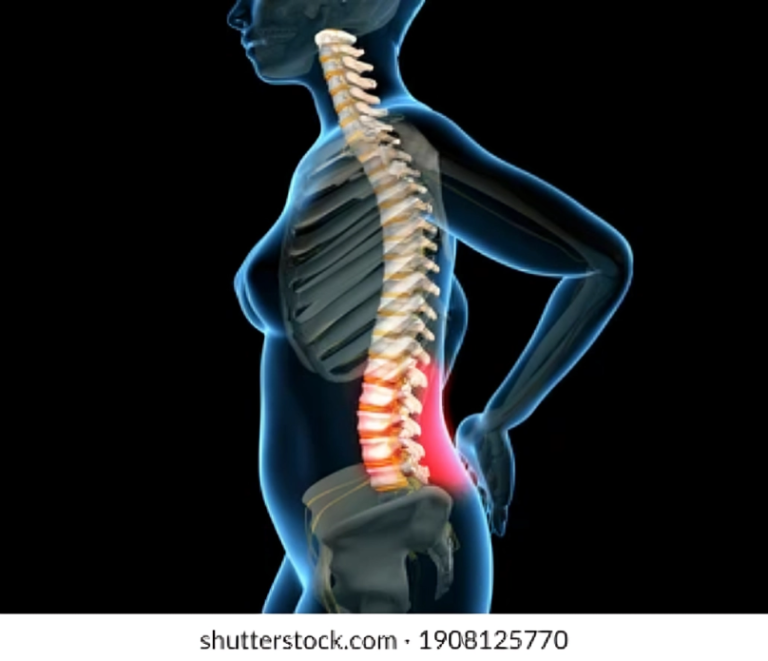Nerve Pain In Specific Conditions: Insights And Interventions
Nerve pain, also known as neuropathic pain, is a complex sensation arising from damage or nervous system dysfunction. It can manifest in various forms, from tingling and numbness to sharp, shooting pains. While neuropathic pain can occur due to a variety of causes, including injury, infection, and chronic diseases, its presentation and management may differ significantly depending on the underlying condition. In this article, we delve into specific conditions associated with nerve pain, exploring insights into their mechanisms and discussing interventions aimed at alleviating the associated discomfort.
To Know More About It Please Click Here
Diabetic Neuropathy
One of the most common causes of nerve pain is diabetic neuropathy, a complication of diabetes mellitus. High levels of glucose in the blood can damage nerves throughout the body, leading to symptoms such as burning pain, tingling, and numbness, typically starting in the feet and gradually spreading to other areas. Managing blood sugar levels with medicine, food, and exercise are all part of managing diabetic neuropathy. Additionally, medications such as anticonvulsants and antidepressants may be prescribed to help manage pain. Lifestyle modifications, including wearing supportive footwear and practicing foot care, are also crucial in preventing complications.
Postherpetic Neuralgia
Postherpetic neuralgia (PHN) is a type of nerve pain that occurs as a complication of shingles, a viral infection caused by the varicella-zoster virus, which also causes chickenpox. PHN develops when nerve fibers are damaged during the shingles outbreak, leading to persistent pain even after the rash has healed. Treatment options for PHN may include antiviral medications to shorten the duration and severity of the shingles outbreak and pain-relieving medications such as topical creams, antidepressants, and anticonvulsants. Nerve blocks and procedures such as spinal cord stimulation may also be considered for individuals with severe and refractory pain.
Trigeminal Neuralgia
Trigeminal neuralgia is a chronic pain condition affecting the trigeminal nerve, which is responsible for sensation in the face. It is characterized by sudden, intense facial pain, often described as electric shocks or stabbing sensations, triggered by activities such as chewing, talking, or touching the face. Treatment for trigeminal neuralgia may involve medications such as anticonvulsants and muscle relaxants to reduce nerve irritation and pain. In cases where medications are ineffective or poorly tolerated, surgical interventions such as microvascular decompression or gamma knife radiosurgery may be considered to alleviate pressure on the affected nerve.
Peripheral Neuropathy
Peripheral neuropathy refers to damage to the peripheral nerves, which transmit signals between the central nervous system and the rest of the body. It can result from a variety of causes, including trauma, infections, toxins, and metabolic disorders. Peripheral neuropathy can cause a wide range of symptoms, such as pain, weakness, numbness, and poor coordination. Management of peripheral neuropathy focuses on addressing the underlying cause, if possible, and managing symptoms to improve quality of life. This may involve medications such as pain relievers, antidepressants, and anticonvulsants, as well as physical therapy, occupational therapy, and lifestyle modifications.
Conclusion
Nerve pain in specific conditions presents unique challenges for patients and healthcare providers alike. By understanding the underlying mechanisms of neuropathic pain and tailoring interventions to address the specific needs of each condition, it is possible to improve outcomes and enhance the quality of life for individuals living with these conditions. With ongoing research and advancements in treatment modalities, there is hope for better management and relief of nerve pain in the future.
Also, Follow us on Instagram







